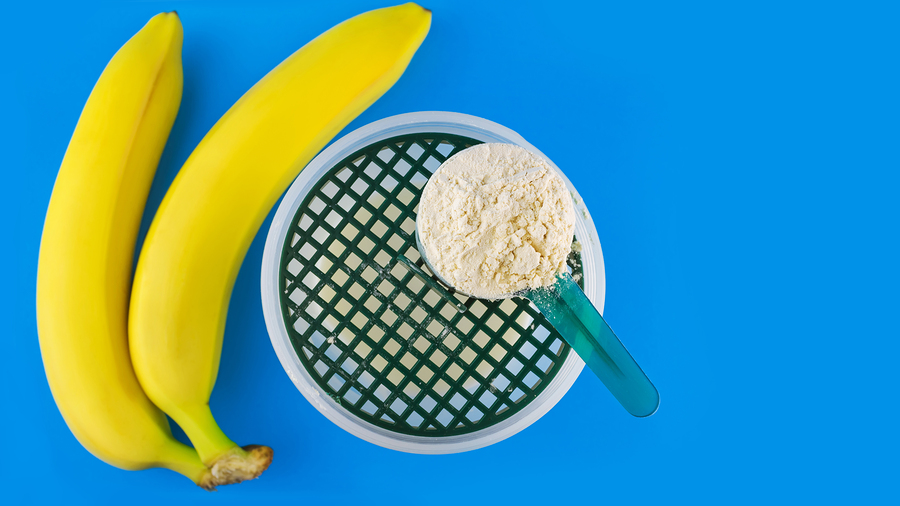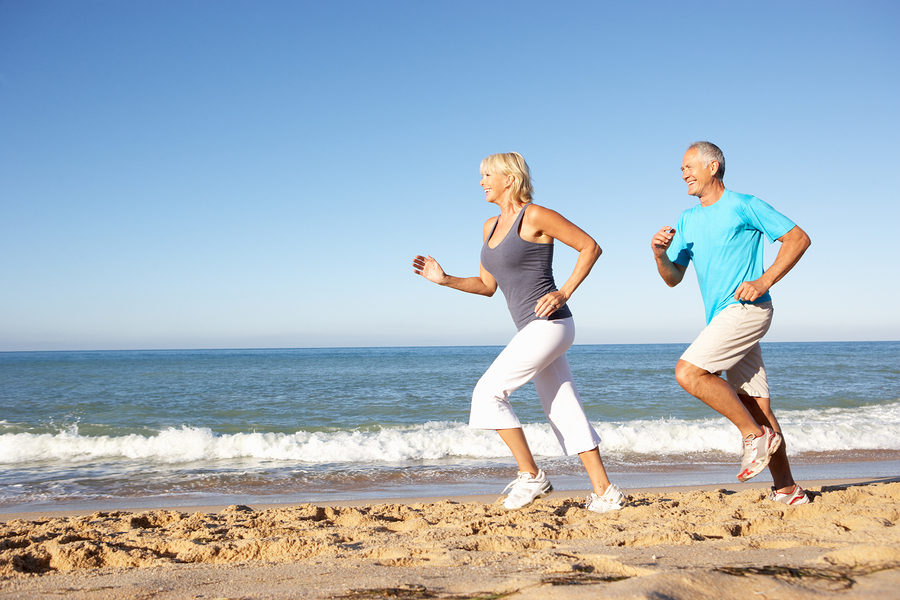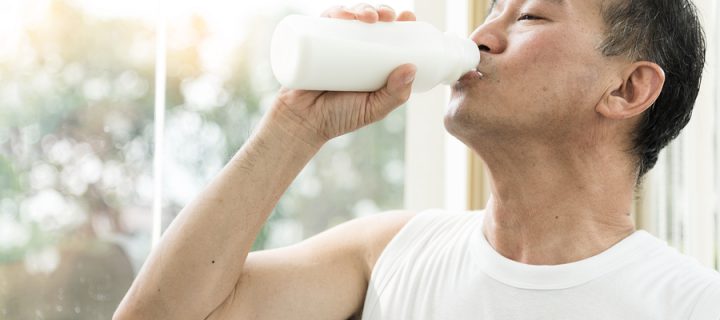When protein powder comes to mind, you immediately think of bulky body builders or those Popeye cups filled with a translucent fluid.
Rarely would you associate seniors with protein powders, but that may change in the future.
Canadian scientists from McMaster University have concocted a ready-to-drink formula: a protein supplement created specifically for seniors.
And it makes sense to cater these power powders to this demographic – seniors are the part of the population that battles deteriorating bones, and a loss of muscle mass. This protein powder, therefore, can help with these symptoms, giving the elderly another way to build strength and mobility.
“There are more older adults now in Canada and around the world and people are living longer. It’s great but their quality of life doesn’t stay on pace. We need to find a way to help people stay healthy and exercise and proper nutrition are two ways to do that,” Dr. Kirsten Bell, the study’s lead author, told Global News.
As people get older, muscle mass and strength will naturally decline, especially as sarcopenia sets in. Between 40-70% of older Canadians will suffer from sarcopenia; this is linked to a higher chance of falls/falling over, metabolic disorders, and even performing simple, everyday tasks (i.e. carrying groceries to the car, getting out of a seat, etc.).

Related: What is Gerontology?
Bell and her team’s new-age protein powder supplement is designed to combat the effects of sarcopenia. The mixture includes whey protein, creatine, vitamin D, calcium and fish oil. It’s the first time such ingredients have been combined in an effort to stop sarcopenia.
“Most [protein powders] when you buy it off the shelf of a grocery store or nutrition store, it’s just whey protein,” Bell said.
And it’s unlike any drinks marketed to elderly Canadians right now, too:
“A lot of the energy drinks and nutrition drinks catered to older adults don’t contain enough protein but they’re also lacking in a bunch of other ingredients. This is something that could add value if it’s available more widely,” Bell continued.
In the study for the powder, Bell utilized two groups of men, all around 73 years of age. Half of the participants consumed protein-based drinks for six weeks with no exercise regimen, while the other half drank a placebo.
After those six weeks, the two groups adopted a 12-week exercise training program, performed in a lab, which included resistance training and high-intensity interval training.
Both groups documented noticeable change in their body compositions.

Related: Why Hire a Geriatric Care Manager?
In the first month-and-a-half, the group consuming the protein supplement had a gain of 700 grams in lean body mass. Bell notes this is ‘substantial’; that’s equivalent to the muscle mass a senior would lose in a year, if they were battling sarcopenia.
With exercise added to their schedules, both groups saw a lift in strength, with better glucose control and reduced risks of diabetes.
“Both groups got stronger and improved in various fitness measures but the group that took the active drink while exercising gained more strength,” Bell said.
Bell hopes that the supplement will one day be given standard to seniors in old age homes and long-term care facilities. It could even be recommended to aging adults who are concerned about sarcopenia or losing muscle mass.
The supplement is useful alongside light resistance training, or without it; seniors that can’t exercise or lift can still combat sarcopenia with the aid of this protein supplement.
Photo Credit: Aekkarak/BigStock; O.Farion/BigStock; monkeybusinessimages/BigStock












